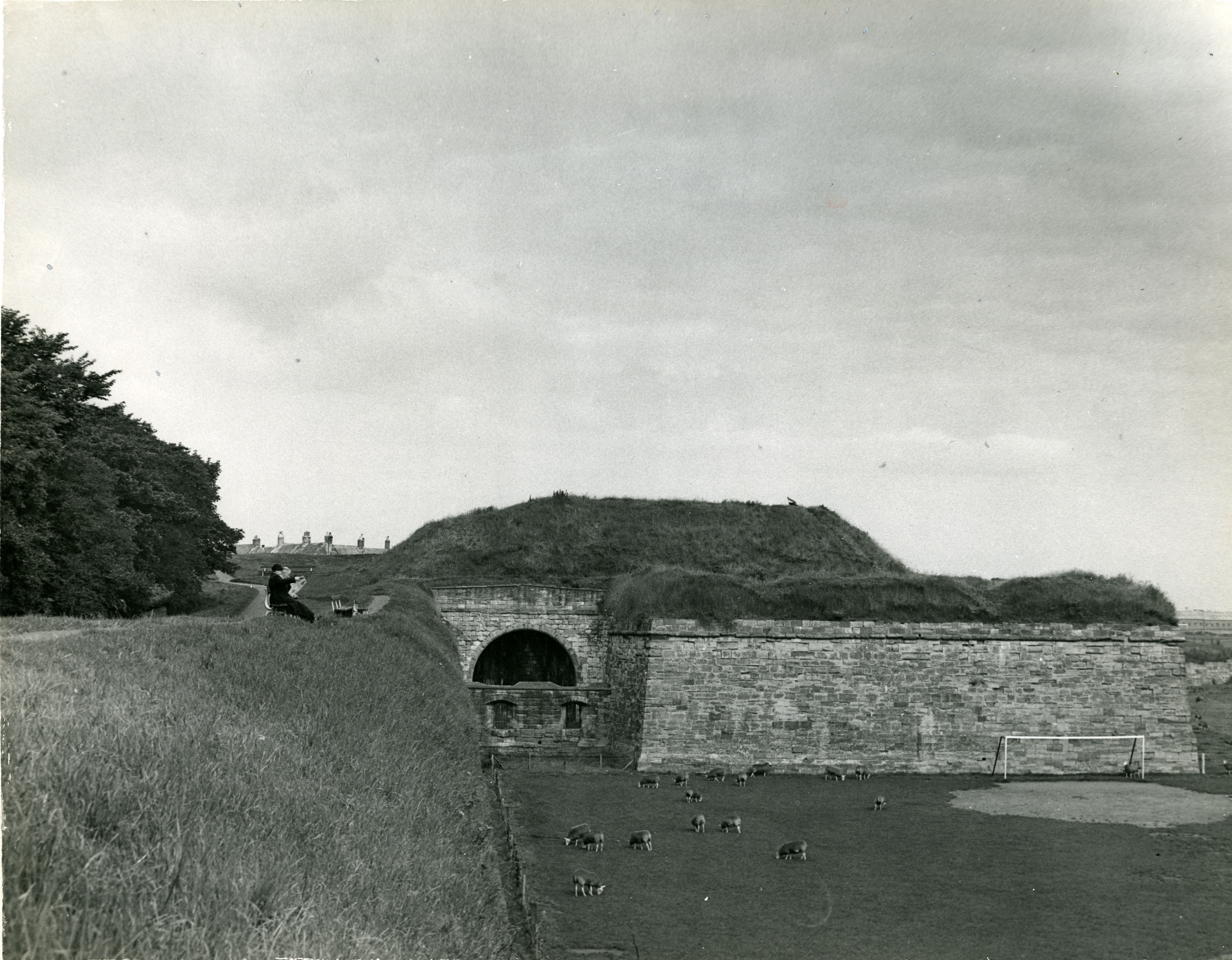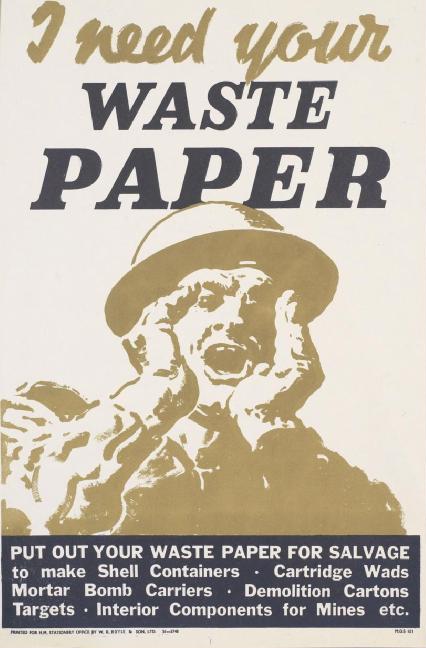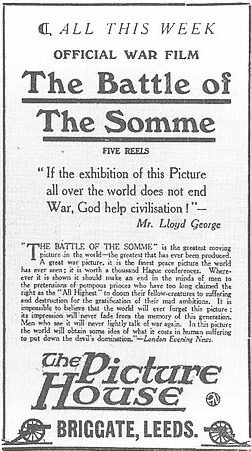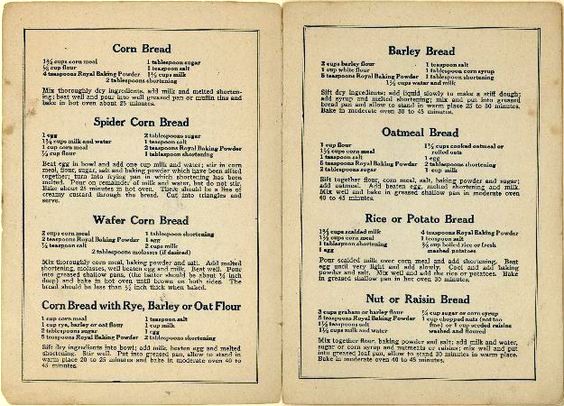BERWICK ADVERTISER, 6 APRIL 1917
LOCAL NEWS
Northumberland Policemen’s War Bonus. – At a meeting at the Moot Hall, Newcastle, on Monday, of the Standing Joint Committee for Northumberland – Ald. T. Taylor presiding – an application was received for an addition to the 5s awarded in July last as a war bonus to police officers below the rank of superintendent. It was decided to give 1s a week for each child below the age of 14 of a married officer. There are over 300 children below the age, and the amount voted will represent an expenditure of about £800 per annum.
Soldiers Clear the Berwickshire Snow-bound Roads. – The extremely severe frost in Berwickshire on Monday morning was followed on Monday evening by a heavy fall of snow, accompanied by a stiff north-easterly gale, which caused much drifting. Roads were blocked in every direction. In view of the fact that lambing is now well begun in half-bred hirsels in the hill districts, the situation was viewed with much anxiety by flockmasters. There was a marked rise of temperature on Tuesday, and the snow melted as it fell. In the Berwick district all main roads were more or less blocked by the heavy fall of snow, which in certain exposed parts had been formed into large wreaths by the strong wind. After considerable difficulty the Edinburgh and Paxton road was got clear. The Duns and Belford roads suffered most, and as labourers were impossible to be obtained the authorities appealed to the military for help in having the main south road opened for traffic. As a result, the Commanding Officer of the Royal Scots very kindly placed a squad of men at the disposal of the authorities, and in the course of Tuesday the road was made passable. The action of the military in such an emergency was greatly appreciated by the general public.
The Food Controller has issued an order by which the annual total output of beer in the United Kingdom is limited to 10,000,000 barrels as compared with the 26,000,000 barrels allowed for the year ending the 31st March, 1916. At the same time the supply of wines and spirits that may be taken out of bond, is reduced by 50 per cent, of the amount taken out in 1916.
The Volunteers. – The next drill of the Berwick Volunteers will take place on Thursday, weather permitting, at the Stanks. Some 200 men have now enrolled, and an invitation is extended to all eligible recruits to join at once, so as to complete the necessary strength of 250.

Berwickshire Naturalists’ Club and Railway Travelling. – Having regard to the appeal
made by the Government that, in view of the grave and critical state of the country, the public should refrain from all unnecessary railway travelling and practise every economy, and to the practical difficulties in arranging and attending meetings under the present conditions, the officers of the Club, after mature consideration, have resolved to intermit all field meetings for this season. They have deemed it expedient, however, to hold the annual business meeting in October, of which due intimation will be given.
LETTERS TO THE EDITOR
WASTE PAPER TO HELP WAR CHARITIES
Hopeville,
Castle Terrace,
Berwick-on –Tweed,
4th April, 1917
Sir, – The members of the Patriotic Committee have asked me to write a letter regarding a project we have in view for the raising of funds in aid of various war charities, in hope that you would be good enough to insert in this week’s edition of your paper.
It seemed to us that we might make some money out of the gathering and sale of waste paper, which has hitherto been an almost untapped source of revenue in Berwick. A beginning has already been made privately in the Town, and with united effort, we hope to raise a goodly sum to help the many war charities, which claim our sympathy, and among them our own Guild of Aid, Surgical Depot, etc.

We would be glad to receive the names of any ladies or gentlemen willing to assist in the sorting and packing and would be obliged if these could be handed in to any of the undermentioned ladies by Tuesday, 10th April, at latest. These ladies will also receive gratefully promises of papers, and will give any information required. Mrs Steven, Stecarven; Miss Caverhill, 2 Ravensdowne; Miss Dixon, Marlborough House, Spittal; Miss Mason, Shielfield Terrace, Tweedmouth, or myself.
Thanking you in anticipation
Yours Sincerely
ISABELLA H. PLENDERLEITH
President of Patriotic Fund.
NORHAM AND ISLANDSHIRE PETTY SESSIONS
NORHAM BUTCHER’S CASE
Supt. Bolton informed the magistrates that in the case of Foreman, butcher, who had been sentenced to two months’ imprisonment, the option being that he should join a labour battalion, that he had done his best to enlist, and after going to and from the barracks for a fortnight the military had declined to take him. For one thing Foreman was considerably over age. He asked for an order to commit him to prison as this was the alternative to enlisting.
Mr Darling – Men considerably over 47 have gone to make roads in France. I will communicate regarding Foreman and see if he can be taken.
Supt. Bolton – I hope he can, it would be the best thing that could happen to him.
Capt. Tippinge – I should think he has been at considerable expense going out and in to the Barracks.
Supt. Bolton – I daresay he has been enjoying himself as well. (Laughter).
Mr Plendeleith – Have they a settled age for the labour battalion.
Supt. Bolton – They must have, except in the case of old soldiers. They will take the latter up to any age.
Case adjourned for a month.



